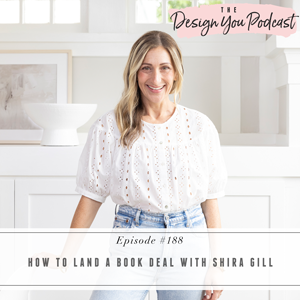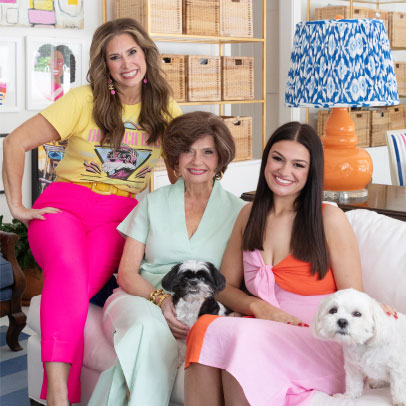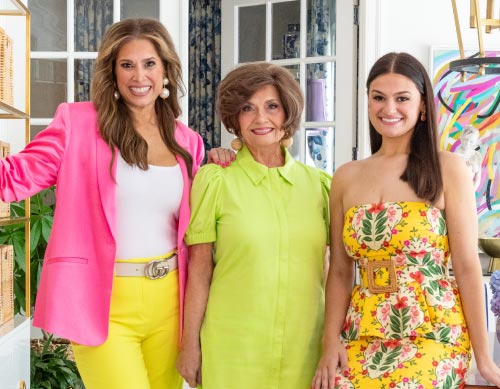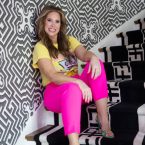
Have you ever dreamed of writing a book but aren’t sure what the process entails? Have you ever wondered where to start when it comes to getting published and landing a book deal? Today’s guest is here to help, and she is one of the only guests that has appeared twice on the podcast since we’ve been recording over the last almost four years!
Shira Gill is an extraordinary home organizer, stylist, life coach, and author who helps people clear their physical and mental clutter and simplify every aspect of their lives. Over the past decade, she has helped thousands of clients all over the globe and created a process and toolkit that applies to anyone, regardless of their budget, space, or lifestyle. Her new book Minimalista contains the process to help people edit, organize and style their homes, and is out for you to get your hands on right now!
Tune in this week to hear Shira’s journey of writing her book and getting published. Shira shares her tips and advice for anybody looking to write and publish their own book, and where to start if you are looking to land a book deal.
If you want help creating a business with thriving revenue streams so that you can design the life you really want, get on the waitlist for the next round of my Design You Coaching Program. Inside, you’ll get access to a whole new course where I share my complete design system with you. You’ll receive every template, tool, SOP, worksheet, downloadable, video, and more that I have created and used myself, and receive a complete step-by-step for how to run your full-service projects.












